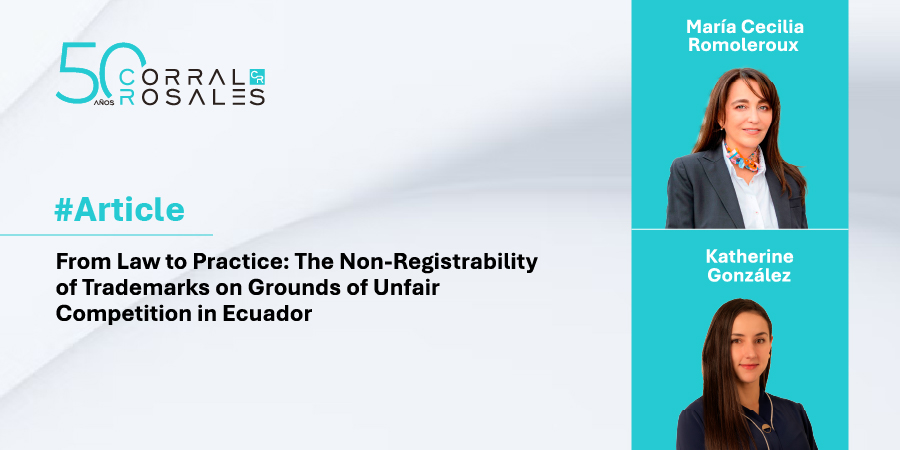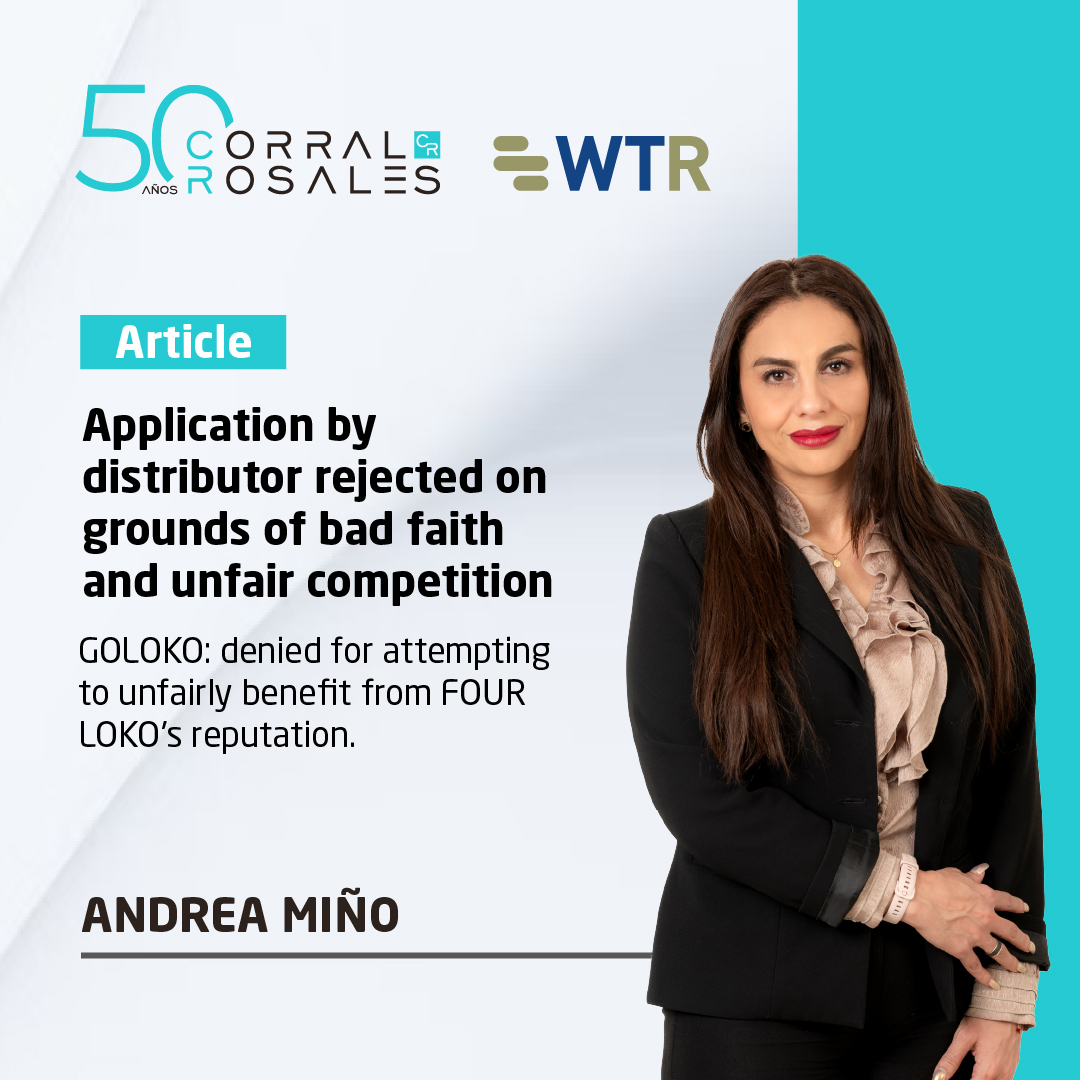The Law on Public Integrity (“LOIP”), published in the Official Register Third Supplement No. 68 on June 26, 2025, amends several legal frameworks. Below is a summary of the reforms in tax, financial, and public procurement matters.
Tax
- A remission of interest, fines, costs, and surcharges is established on the full or partial payment of tax obligations generated up to December 31, 2024. Payment must be made by December 31, 2025. This measure applies to taxes administered by the Internal Revenue Service (SRI), except for income tax corresponding to fiscal year 2024.
2. Interest paid in tax refund procedures will accrue from the date the request is submitted until its resolution. The interest rate is reduced to 50% of the 90-day benchmark lending rate set by the Central Bank of Ecuador, compared to 100% prior to the reform.
3. If the tax authority initiates a determination process within the framework of an administrative refund claim, the duration of that process will not be considered for the calculation of interest.
Financial
- The Financial Policy and Regulation Board and the Monetary Policy and Regulation Board are merged into the new Monetary and Financial Policy and Regulation Board (JPRMF).
2. The JPRMF’s main responsibilities include the development of monetary, credit, financial, securities, insurance, and prepaid healthcare policy and regulation.
3. Within 90 days of its formation, the JPRMF must identify savings and credit cooperatives that must be transformed into private financial sector corporations, which will then fall under the supervision of the Superintendence of Banks.
Public Procurement
- The principle of best value for money is incorporated into public procurement.
2. The acquisition of medicines, strategic goods, and related services by entities providing healthcare services will be carried out under a special regime. Previously, related services were not included under this regime.
3. Maintaining outstanding obligations with the SRI or entities with coercive powers is now grounds for suspension of the RUP (Unified Registry of Suppliers).
4. During the preparatory phase of procurement processes, contracting entities may conduct preliminary market consultations. Participation in these consultations will not preclude suppliers from participating in the pre-contractual phase.
5. Consulting services will be contracted through a public tender when the reference budget exceeds US$10,000. If equal to or less, they may be contracted through direct contracting.
6. SERCOP may authorize purchases outside the electronic catalog if two conditions are met: (i) the external supplier offers the same standards and conditions as catalog suppliers; and (ii) the price is at least 5% lower than the catalog price.
7. The contract administrator will be responsible for processing and following up on payments to the contractor. If the contracting entity unjustifiably delays payment, it may not require the contractor to comply with or advance contract execution.
8. At any stage of execution, contracting entities must respond to contractor requests or petitions within the timeframe set in the contract, which may not exceed 10 business days.
9. Construction contracts must include a clause for the immediate replacement of the inspector if they fail to perform their duties.
10. Penalties for delays will be calculated per day on the unfulfilled obligation, according to parameters to be established in the LOSNCP regulations. The entity may set a maximum penalty percentage.
11. Before final payment or settlement, the contracting entity will offset amounts owed with firm debts owed to the Office of the Comptroller General. This does not apply if the debts are under administrative or judicial appeal.
12. Procedures, claims, and contracts initiated before June 26, 2025, will be governed by the rules in force at the time of their initiation, filing, or execution, respectively.
13. The President must issue the new LOSNCP regulations by August 10, 2025.

Andrea Moya, Partner at CorralRosales
amoya@corralrosales.com
+593 2 2544144

Juan Fernando Riera, Associate at CorralRosales
jriera@corralrosales.com
+593 2 2544144



















